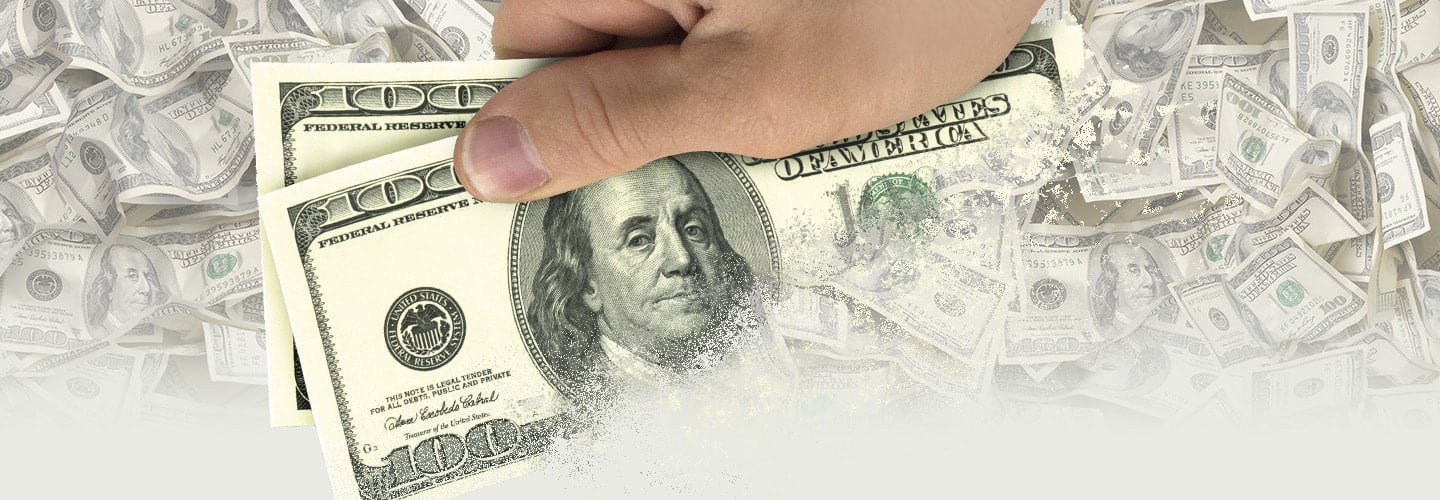Shutterstock.com
If you want to buy a hot dog at Dodger Stadium, don’t bother pulling out dollar bills or coins. The Los Angeles, California, stadium accepts only credit and debit cards or app payments. In fact, a growing number of businesses across the U.S. no longer accept cash.
But many people think cash is still king. They say using it keeps customers from overspending since they can see how much money they have left after a purchase. They also argue that not everyone has access to digital payment options.
This is part of the reason why the U.S. has not yet gone cashless. States like New Jersey and Massachusetts have made it illegal for some businesses to refuse physical currency. A similar law passed in 2020 made it illegal for stores in New York City to go cash-free.
Some consumers think it’s time to ditch the dollar, though. After all, you can buy just about anything with the click of a button using apps like Apple Pay. For the billions of people who shop online, cash isn’t even an option. Plus, bills and coins are covered in germs, which is pretty gross.

